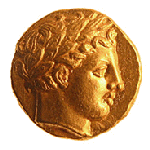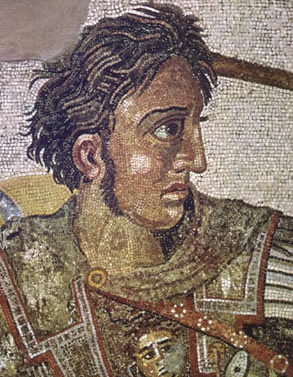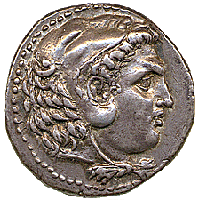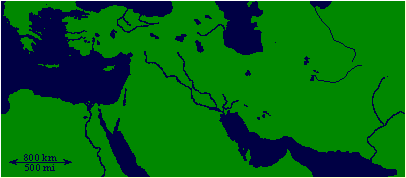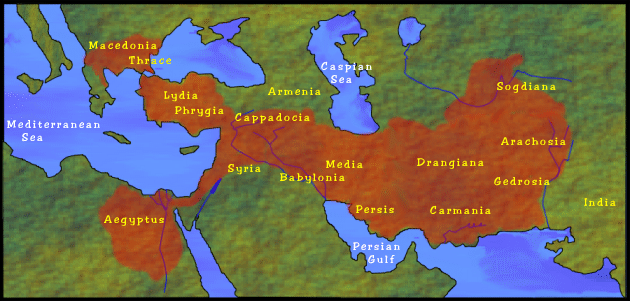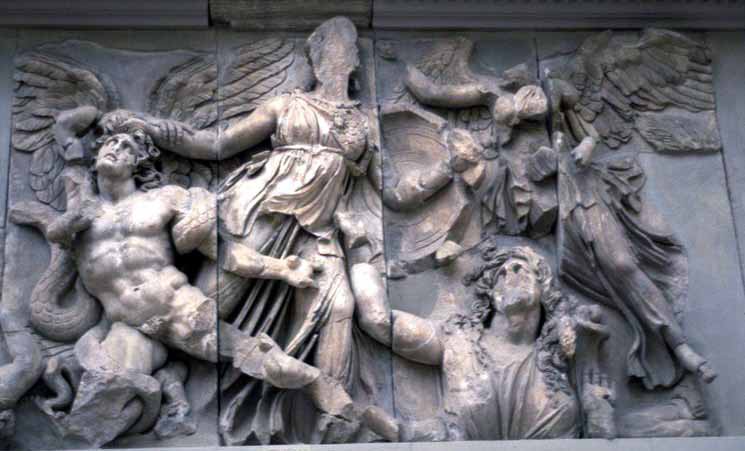|
Lesson 4 The Greek Empire |
|
|
A New Power-Macedonia Greece was severely weakened by the chaos and destruction of the Peloponnesian War. Philip II, king of Macedonia, and his powerful army invaded and conquered all of Greece. Demosthenes, a famous orator, tried to warn the Greeks to unite against Philip, but most did not listen. Philip was assassinated two years after his conquest, and his son, Alexander, proclaimed himself king. |
|
|
Alexander The Great Aristotle had been Alexander's private teacher. Alexander learned deep respect for Greek culture and traditions from him. Alexander was an excellent military leader and kept expanding his empire. His soldiers finally forced him to turn back to Greece. He became sick and died in Babylon. He is called Alexander the Great because he won control over the largest empire of his day in only nine years. |
|
|
The Greek Empire Alexander founded dozens of new cities. The greatest of these was in Egypt and called Alexandria in his honor. It was an example of how Greek traditions were spread throughout the world. Alexandria had an agora, a theater, temples, a stadium, and a gymnasium. It also had one of the first lighthouses in the world. This lighthouse was one of the Seven Wonders of the Ancient World. In Alexandria, all regions were tolerated, and democracy flourished. The museum was its cultural center and its library had over half a million scrolls. The Greeks adopted the Phoenician alphabet which made it easier for people to learn to read and write. |
|
|
A New Culture Develops Greek ideas blended with African and Asian traditions to produce what we call Hellenism. Both geometry and physics are products of Hellenism. Hellenism encouraged realistic statues as seen at the left and paintings. It influenced art throughout the world. |
|
| credits | |
|
|
|
